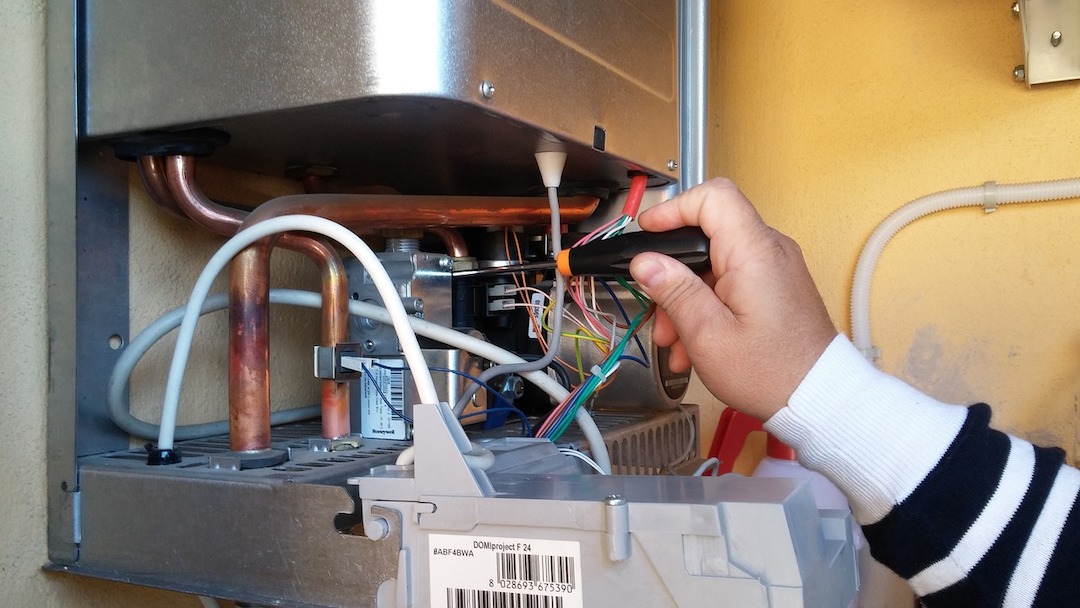Efficient electric hot water heating technologies significantly reduce the carbon emissions of multifamily buildings, according to a report by the American Council for an Energy-Efficient Economy (ACEEE) and New Buildings Institute (NBI).
In multifamily buildings with five or more units, water heating uses more energy than space heating, cooling, or lighting, the report says. Converting gas-fired water heaters to advanced technology—electric heat pump water heaters (HPWHs)—would cut greenhouse gas emissions from water heating by an average of 58%.
If HPWHs are powered entirely by clean sources, they cause zero emissions, making them a critical tool for decarbonizing the economy. Efficient electric water heaters carry a higher upfront cost over gas models, so policymakers would have to provide incentives to owners to make the conversion, the report says.
“Many utilities offer incentives for building or unit owners to install in-unit heat pump hot water heaters,” an ACEEE/NBI news release says. “Yet few programs are designed specifically for multifamily buildings, which offer unique challenges.”
Related Stories
| May 10, 2012
Chapter 6 Energy Codes + Reconstructed Buildings: 2012 and Beyond
Our experts analyze the next generation of energy and green building codes and how they impact reconstruction.
| May 10, 2012
Resilience should be considered a sustainability factor
Since a sustainable building is one you don't have to rebuild, some building sustainability experts believe adding points for "resilience" to storms and earthquakes to the LEED sustainability rating tool makes sense.
| May 10, 2012
University of Michigan research project pushes envelope on green design
A research project underway at the University of Michigan will test the potential of intelligent building envelopes that are capable of monitoring weather, daylight, and occupant use to manage heating, cooling, and lighting.
| May 10, 2012
Fire suppression agents go greener
Environmental sensitivity is helping to drive adoption of new fire suppression agents.
| May 10, 2012
Industry groups urge Congress to leave contracting decisions to agencies
An organization of several industry groups urged Congress to leave many contracting decisions to the discretion of individual agencies by avoiding blanket mandates.
| May 10, 2012
OSHA proposes new rule to have employers find and fix hazards
The Occupational Safety and Health Administration has proposed a new regulation, Injury and Illness Prevention Program, or I2P2, which would compel employers to find and fix safety hazards.
| May 3, 2012
Stay current on green codes at AGC Environmental Conference
Keep abreast of market trends such as 2012 changes to green standards and codes at the AGC Contractors Environmental Conference, June 7-8, 2012 in Arlington, Va.
| May 3, 2012
OSHA reduces fines in Cincinnati casino collapse
The Occupational Safety and Health Administration has reduced the number of violations from four to two against four firms it cited earlier this month in the collapse of a casino under construction in Cincinnati.
| May 3, 2012
New York City implements controversial crane licensing requirements
New York City officials announced strict new licensing and testing requirements for all crane operators in New York City to raise safety standards.
















